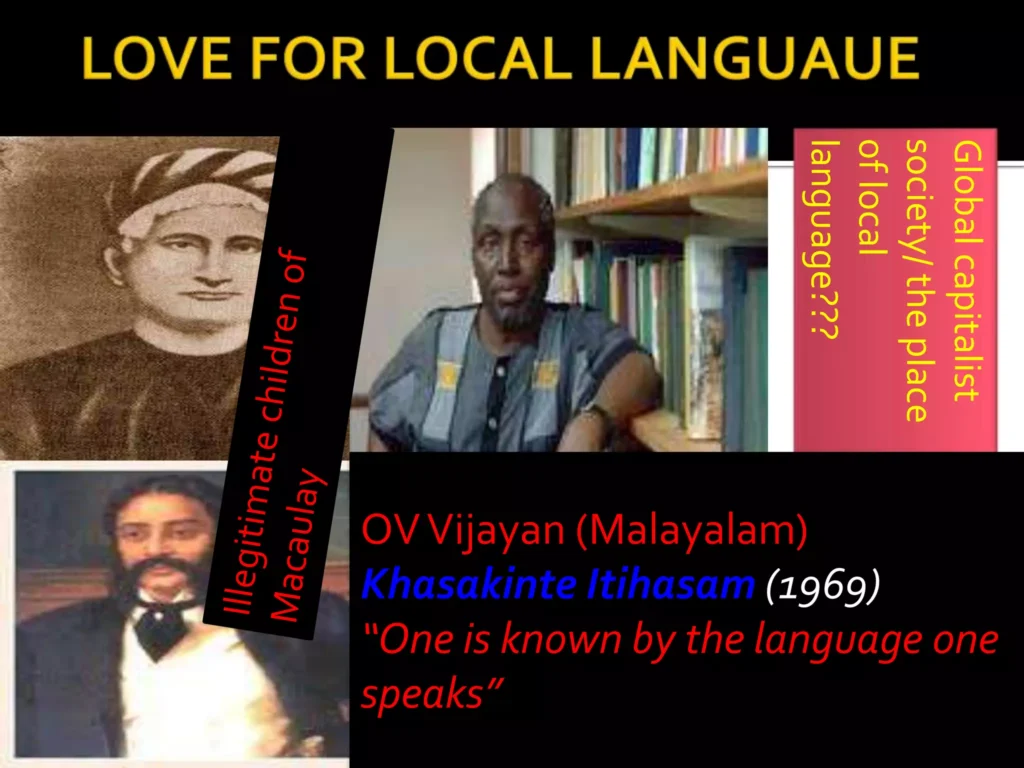India finds itself embroiled in a contentious saga as it grapples with the expulsion of Bengali Muslims. The once harmonious fabric of the nation is now fraying at the seams as citizenship is stripped, individuals are detained, and families are uprooted, facing deportation to neighboring Bangladesh.
Unraveling the Crisis
The crackdown spearheaded by the Indian government has transcended regional boundaries, sending shockwaves across the nation. What was once confined to pockets of unrest has now metamorphosed into a widespread phenomenon, fuelled by years of inflammatory propaganda propagated by the Bharatiya Janata Party (BJP).
Expert Insights: Shoaib Daniyal, a seasoned political editor at Scroll, sheds light on the intricate web of political machinations that have precipitated this humanitarian crisis. “The systematic targeting of Bengali Muslims is emblematic of a larger narrative woven through fear-mongering and divisive rhetoric,” he remarks.
The Role of Media
Accompanying this tumultuous landscape is a complicit media apparatus that has eagerly amplified narratives vilifying Bengali Muslims as the supposed “enemy within.” From sensational headlines to biased reportage, news outlets have played a pivotal role in perpetuating misconceptions and stoking communal tensions.
In-Depth Analysis: Fatima Khan, a distinguished political journalist, underscores how media sensationalism has exacerbated an already volatile situation. “The relentless demonization of Bengali Muslims serves not only to dehumanize a community but also to distract from pressing national issues,” she opines.
A Plea for Humanity
Amidst this storm of controversy and discord, voices advocating for compassion and empathy emerge as beacons of hope. Vaishna Roy, an esteemed editor at Frontline magazine, emphasizes the importance of preserving human dignity amidst political upheaval. “In times of strife, it is imperative that we cling to our shared humanity and uphold principles of justice and inclusivity,” she advocates.
Expert Commentary: Paranjoy Guha Thakurta, a veteran journalist and filmmaker renowned for his incisive storytelling, delves into the nuances underpinning this multifaceted issue. “Beyond policy decisions lie real lives disrupted and communities torn asunder,” he observes poignantly.
A Global Perspective
As India grapples with internal turmoil, international attention turns towards other pressing matters gripping our collective conscience. The plight of starving Palestinians in Gaza reverberates globally, prompting impassioned discussions surrounding humanitarian crises and geopolitical complexities.
Expanding horizons further leads us into the realm where global superpowers engage in strategic image management exercises. Israel’s deflection tactics to shift blame amid mounting criticism exemplify how narratives can be sculpted to serve vested interests.
Perspective Shift: Ryan Kohls’ investigative reportage shines a light on these orchestrated efforts aimed at reshaping public perception amidst adversity. His analysis underscores how nations navigate turbulent waters through calculated PR maneuvers.
The Media Landscape
Navigating treacherous waters closer home reveals unsettling truths about press freedom under siege. Alex Shephard from The New Republic unpacks how President Donald Trump’s relentless assaults on media institutions raise pertinent questions about journalistic autonomy in an increasingly polarized climate.
From coercive legal battles with major publications like CBS to wielding influence over regulatory bodies such as the Federal Communications Commission (FCC), Trump’s actions underscore broader concerns regarding freedom of speech and governmental accountability.
Critical Examination: Alex Shephard’s astute observations shed light on the intricate dance between power dynamics and journalistic integrity in today’s turbulent media environment. His insights prompt reflection on how democracy navigates challenges posed by authoritarian tendencies within governance structures.

